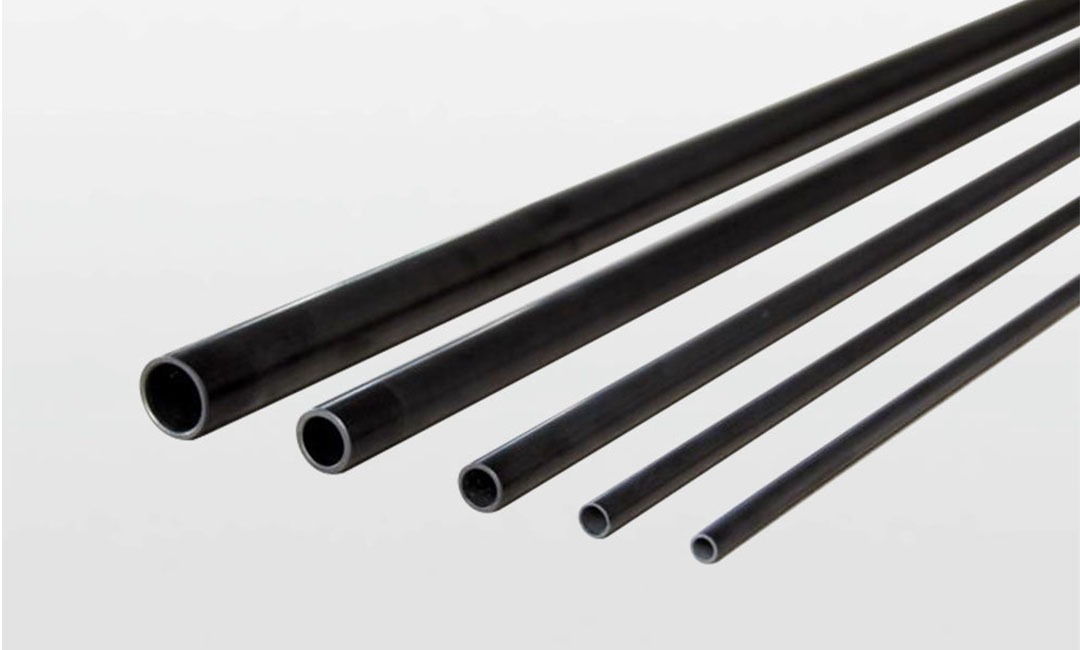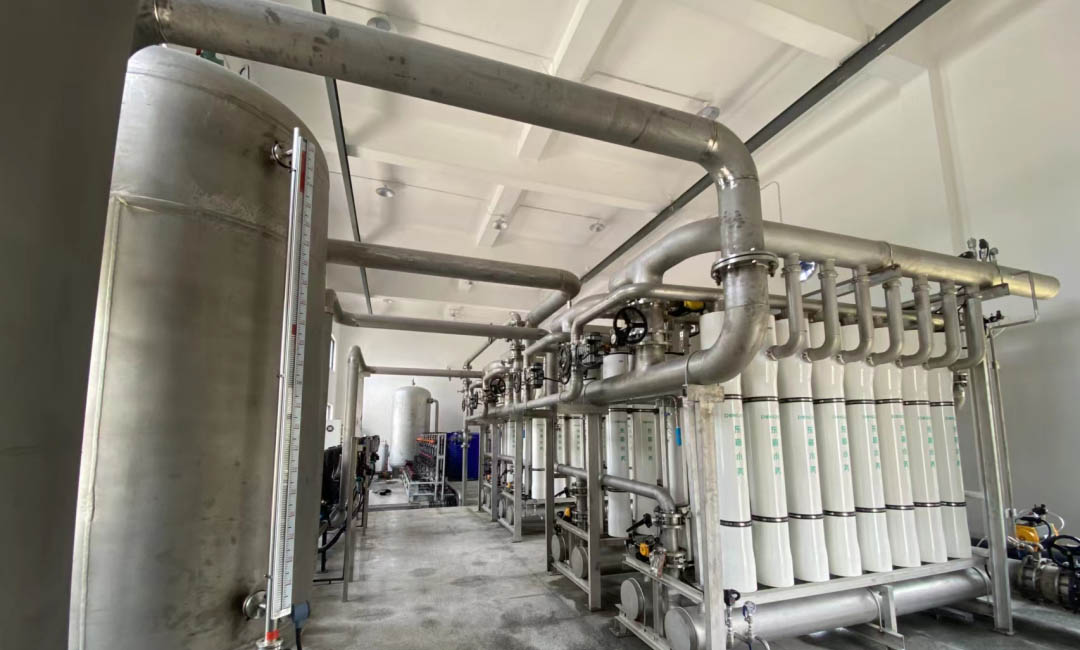Benefits of Using Silicon Carbide Water Membranes in Water Treatment Processes
Water scarcity is a pressing issue that affects millions of people around the world. With the increasing demand for clean and safe drinking water, innovative solutions are needed to ensure that this vital resource is accessible to all. One such solution is the use of silicon carbide water membranes in water treatment processes.
Silicon carbide water membranes are a cutting-edge technology that offers numerous benefits in water treatment. These membranes are made from a material known for its high strength, durability, and chemical resistance. This makes them ideal for use in harsh water treatment environments where traditional membranes may fail.
One of the key benefits of using silicon carbide water membranes is their superior filtration efficiency. These membranes have a high permeability and pore size distribution, allowing them to effectively remove contaminants such as bacteria, viruses, and organic matter from water. This results in cleaner and safer drinking water that meets stringent quality standards.
In addition to their filtration efficiency, silicon carbide water membranes also offer excellent fouling resistance. Fouling is a common problem in water treatment processes, where contaminants build up on the surface of membranes and reduce their effectiveness. Silicon carbide membranes are highly resistant to fouling, allowing them to maintain their performance over extended periods of time without the need for frequent cleaning or replacement.
Another benefit of using silicon carbide water membranes is their long lifespan. These membranes are known for their durability and can withstand harsh operating conditions without degradation. This results in lower maintenance costs and longer membrane life, making them a cost-effective solution for water treatment plants.
Furthermore, silicon carbide water membranes are environmentally friendly. Unlike traditional membranes that may contain harmful chemicals or require frequent replacement, silicon carbide membranes are made from a non-toxic material and have a long service life. This reduces the environmental impact of water treatment processes and helps to conserve resources for future generations.
Overall, the benefits of using silicon carbide water membranes in water treatment processes are clear. From their superior filtration efficiency and fouling resistance to their long lifespan and environmental friendliness, these membranes offer a sustainable and cost-effective solution for ensuring access to clean and safe drinking water.
In conclusion, silicon carbide water membranes are a game-changer in the field of water treatment. With their advanced technology and numerous benefits, these membranes are revolutionizing the way we treat and purify water. By incorporating silicon carbide membranes into water treatment processes, we can ensure that clean and safe drinking water is accessible to all, now and in the future.
Case Studies of Successful Implementation of Silicon Carbide Water Membranes in Water Treatment Plants
Water scarcity is a pressing issue that affects millions of people around the world. With the increasing demand for clean and safe drinking water, innovative solutions are needed to ensure that everyone has access to this essential resource. One such solution is the use of silicon carbide water membranes in water treatment plants.
Silicon carbide water membranes are a cutting-edge technology that offers several advantages over traditional water treatment methods. These membranes are made from a material known for its high strength, durability, and chemical resistance. This makes them ideal for use in water treatment plants, where they can effectively filter out contaminants and impurities from water sources.
One of the key benefits of silicon carbide water membranes is their high filtration efficiency. These membranes are capable of removing a wide range of contaminants, including bacteria, viruses, and heavy metals, from water sources. This ensures that the water produced is safe for consumption and meets the highest quality standards.
In addition to their high filtration efficiency, silicon carbide water membranes are also highly durable. Unlike traditional membranes that can degrade over time, silicon carbide membranes are resistant to fouling and corrosion. This means that they require less maintenance and have a longer lifespan, making them a cost-effective solution for water treatment plants.
Several water treatment plants around the world have successfully implemented silicon carbide water membranes in their operations. One such case study is the Singapore Water Reclamation Plant, which has been using these membranes to treat wastewater and produce clean, safe drinking water for its residents.
The Singapore Water Reclamation Plant has reported significant improvements in water quality since implementing silicon carbide water membranes. The membranes have effectively removed contaminants from wastewater, resulting in water that meets the highest quality standards set by regulatory bodies.

Another successful case study is the California Water Treatment Plant, which has also seen positive results from using silicon carbide water membranes. The plant has reported a decrease in operating costs and an increase in water production efficiency since implementing these membranes.

Overall, the successful implementation of silicon carbide water membranes in water treatment plants demonstrates the potential of this innovative technology to address water scarcity and ensure access to clean and safe drinking water for all. With their high filtration efficiency, durability, and cost-effectiveness, silicon carbide water membranes are a promising solution for the challenges posed by water scarcity.
In conclusion, silicon carbide water membranes offer a sustainable and effective solution for water treatment plants looking to improve water quality and increase production efficiency. With their high filtration efficiency, durability, and cost-effectiveness, these membranes have the potential to revolutionize the way we treat water and ensure access to clean and safe drinking water for everyone. As more water treatment plants around the world adopt this innovative technology, we can look forward to a future where water scarcity is no longer a pressing issue.
Future Trends and Developments in Water Treatment Technology Using Silicon Carbide Water Membranes
Water scarcity is a pressing issue that affects millions of people around the world. With the increasing demand for clean and safe drinking water, there is a growing need for innovative water treatment technologies. One such technology that shows great promise is the use of silicon carbide water membranes.
Silicon carbide water membranes are a type of filtration technology that uses a porous material made from silicon carbide, a compound of silicon and carbon. These membranes have unique properties that make them ideal for water treatment applications. They are highly resistant to corrosion, have a high mechanical strength, and are capable of removing a wide range of contaminants from water.
One of the key advantages of silicon carbide water membranes is their high permeability. This means that they allow water to pass through at a faster rate compared to other types of membranes. This can result in higher water production rates and lower energy consumption, making them a cost-effective solution for water treatment plants.
Another benefit of silicon carbide water membranes is their durability. These membranes are able to withstand harsh operating conditions, such as high temperatures and extreme pH levels, without losing their effectiveness. This makes them suitable for use in a wide range of water treatment applications, including desalination, wastewater treatment, and industrial processes.
In addition to their physical properties, silicon carbide water membranes also offer superior filtration performance. They are capable of removing a wide range of contaminants from water, including bacteria, viruses, heavy metals, and organic compounds. This makes them an effective solution for producing clean and safe drinking water.
The use of silicon carbide water membranes in water treatment is still a relatively new technology, but it is already showing great potential. Researchers and engineers are continuously exploring ways to improve the performance and efficiency of these membranes. One area of focus is the development of new membrane designs and manufacturing processes that can further enhance their filtration capabilities.
Another area of research is the integration of silicon carbide water membranes with other water treatment technologies, such as reverse osmosis and ultrafiltration. By combining these technologies, it is possible to create hybrid systems that can achieve higher water recovery rates and lower operating costs.
As the demand for clean and safe drinking water continues to grow, the development of innovative water treatment technologies like silicon carbide water membranes will play a crucial role in meeting this challenge. These membranes offer a sustainable and cost-effective solution for producing high-quality water, making them a key technology for the future of water treatment.
In conclusion, silicon carbide water membranes are a promising technology that has the potential to revolutionize the way we treat water. With their unique properties and superior filtration performance, these membranes offer a sustainable and cost-effective solution for producing clean and safe drinking water. As research and development in this field continue to advance, we can expect to see even greater improvements in the efficiency and effectiveness of silicon carbide water membranes, making them an essential technology for the future of water treatment.

